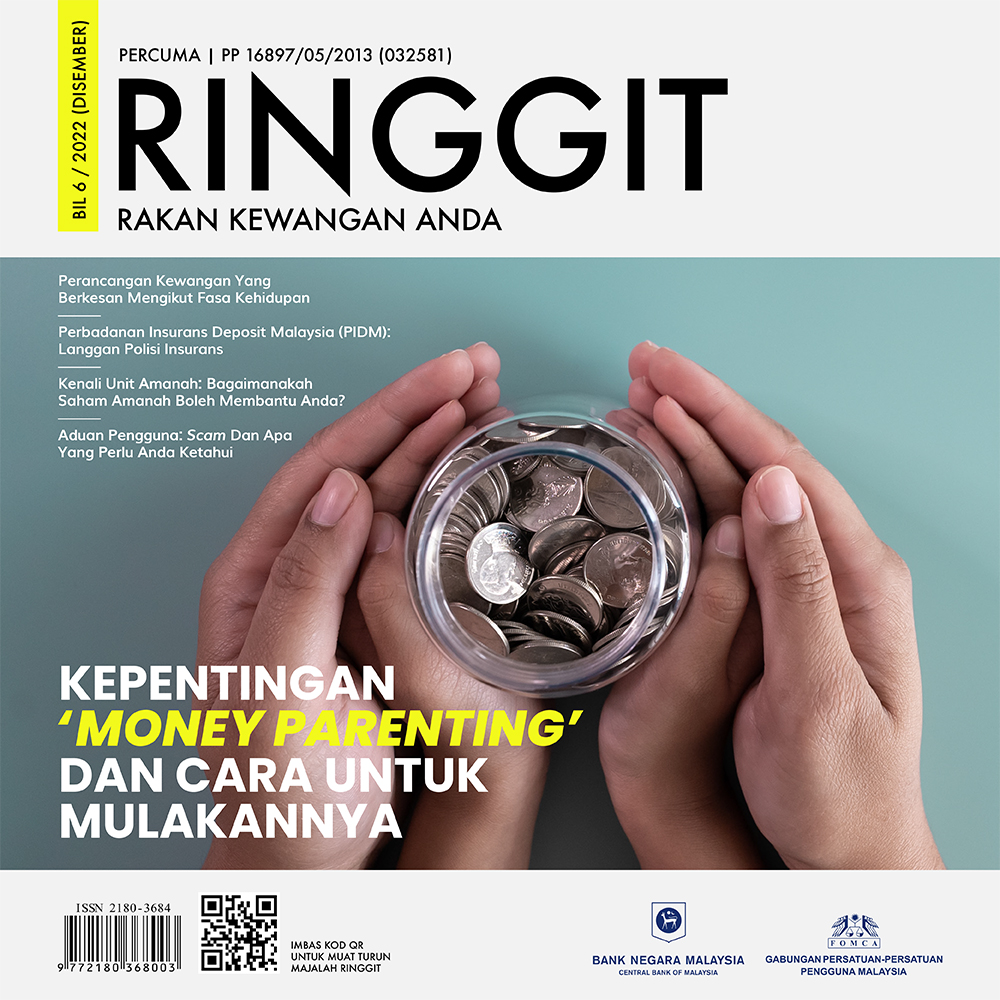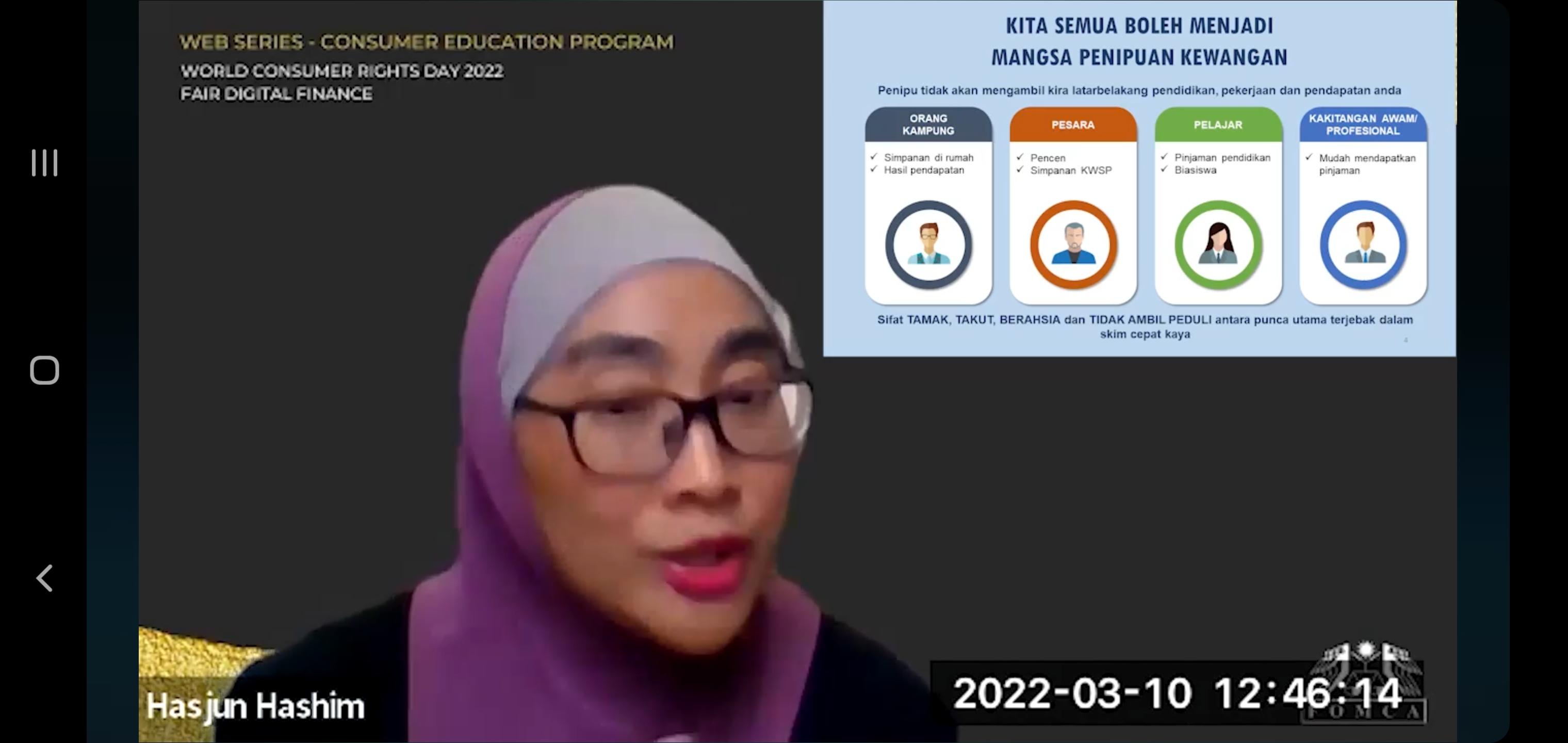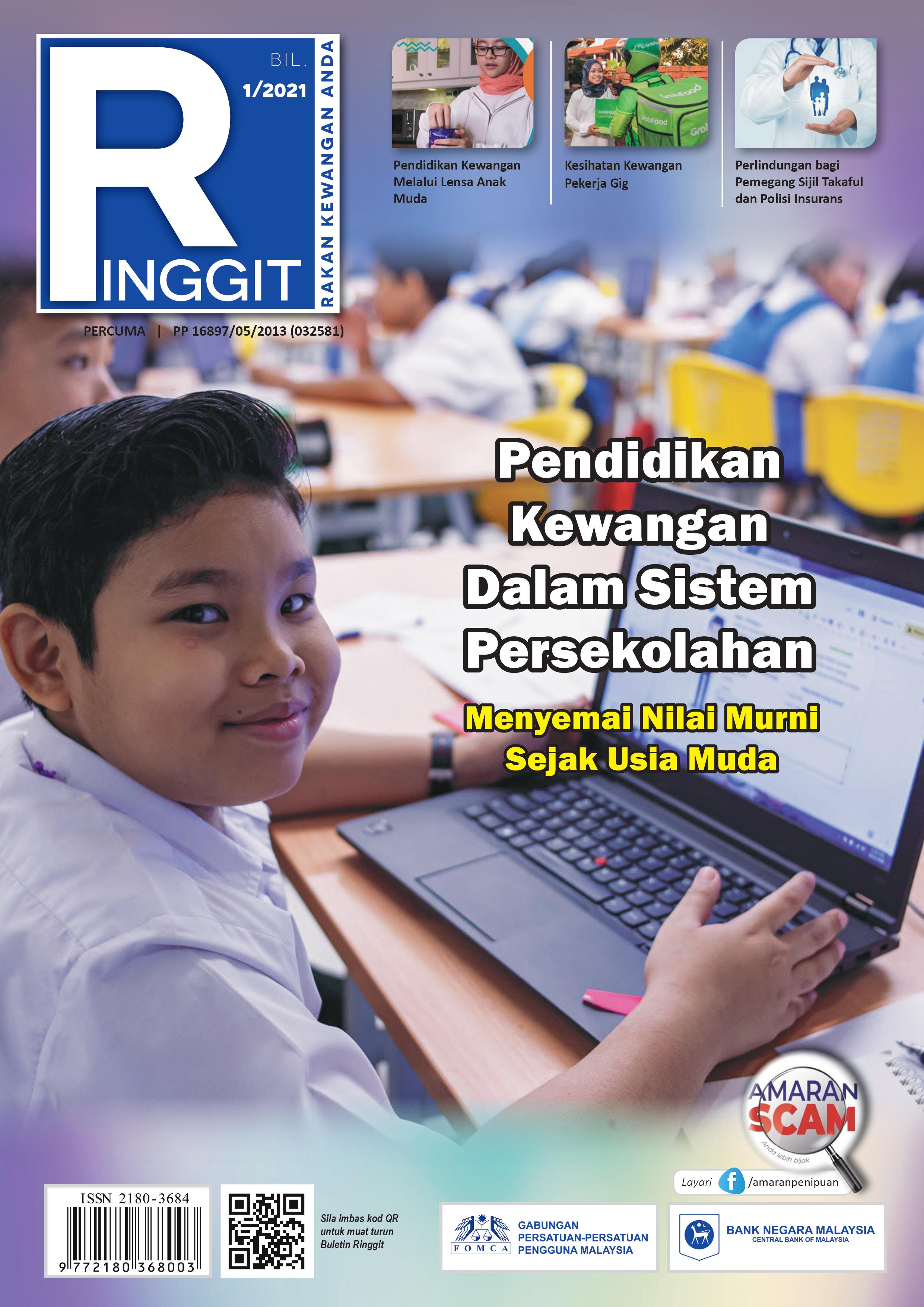Nielsen Malaysia recently has conducted a study; ‘Nielsen Malaysia Sugar Tax Report (2019)’- a survey that involves 1,200 people from the ages of 18 to 64, across peninsular and East Malaysia."Eleven percent told us they will completely stop taking sugary drinks."“What we found is, Malaysians are actually very loyal when they like a specific brand.“However, 11 percent of them told us they will completely stop taking these sugary drinks. The rest of them claim they might reduce their consumption or switch to other cheaper brands."“It’s an interesting claim before the implementation of the tax. I’m curious to see if they do what they say. This is something we will follow up in the next few months. If 11 percent say they will stop drinking, that’s actually a big number,” says De Nard.
Malaysia is not the first country to introduce sweetened beverages tax to reduce sugar consumption among its people. Over 20 countries have implemented the tax and have shown a varying outcomes.“Three countries who have implemented with very distinctive results," says De Nard.Manufacturers in Saudi Arabia were able to adapt, they innovated and brought in new products“Firstly, Saudi Arabia. This country taxes 100 percent for energy drinks and 50 percent on carbonated drinks. It is a huge amount and the impact on the market was big as well- people stopped buying certain products. Manufacturers in Saudi Arabia were able to adapt, they innovated and brought in new products. It worked out quite nicely, actually. The results were significant.“Then, we studied Mexico. This country is very interesting because the Mexicans love sodas. They are actually at the top (globally) in terms of soda consumption. The Mexican government tried very hard to control this habit. They not only implement the tax but also forbid sugary drinks advertisements on television at certain time (of the day).
“So, when the (sugar tax) was first introduced, the consumption of sugary drinks dropped. However, just after two years, consumption was back to its previous level.“In the Philippines, after the tax implementation, we observed that the people actually went for water (as replacement). The sales of water went up significantly.“Now, my curiosity is if Malaysians will actually follow the Mexicans or the Philippines? We will only this in a few months time,” says De Nard.According to the same Nielsen study, carbonated soft drinks are the most consumed beverage in Malaysia, followed by packaged water and ready-to-drink fruit juices.The tax is a good starting point but it is not enough. There must be a more holistic approach to support and communicate with the people about the importance of a healthier lifestyle
“Consumer demographics also matter. Forty cents increase might not be a lot for middle-income earners in the urban areas but it could be a significant increase for lower income groups in rural areas.“We have seen the price of sugar increase and decrease in the past. However, based on Nielsen Retail Audit Data, there is not much effect on volume consumption.De Nard applauds Malaysia’s effort to reduce the consumption of sweetened beverages. However he says, it might not be enough to curb the health problems arising from drinking too much sugary beverages such as diabetes and heart diseases.“The tax is a good starting point but it is not enough. I believe there must be a more holistic approach to support and communicate with the people about the importance of a healthier lifestyle.
“If this healthy lifestyle is on the agenda of the government, this implementation is just one piece of the puzzle."Think about, the smoking ban has been implemented earlier this year. Now, with this sweetened beverages taxes - we hope to see more things in this direction,” he says.Dania is a journalist and producer at Astro AWANI, focusing on general news with an interest in women issues, culture and arts.








